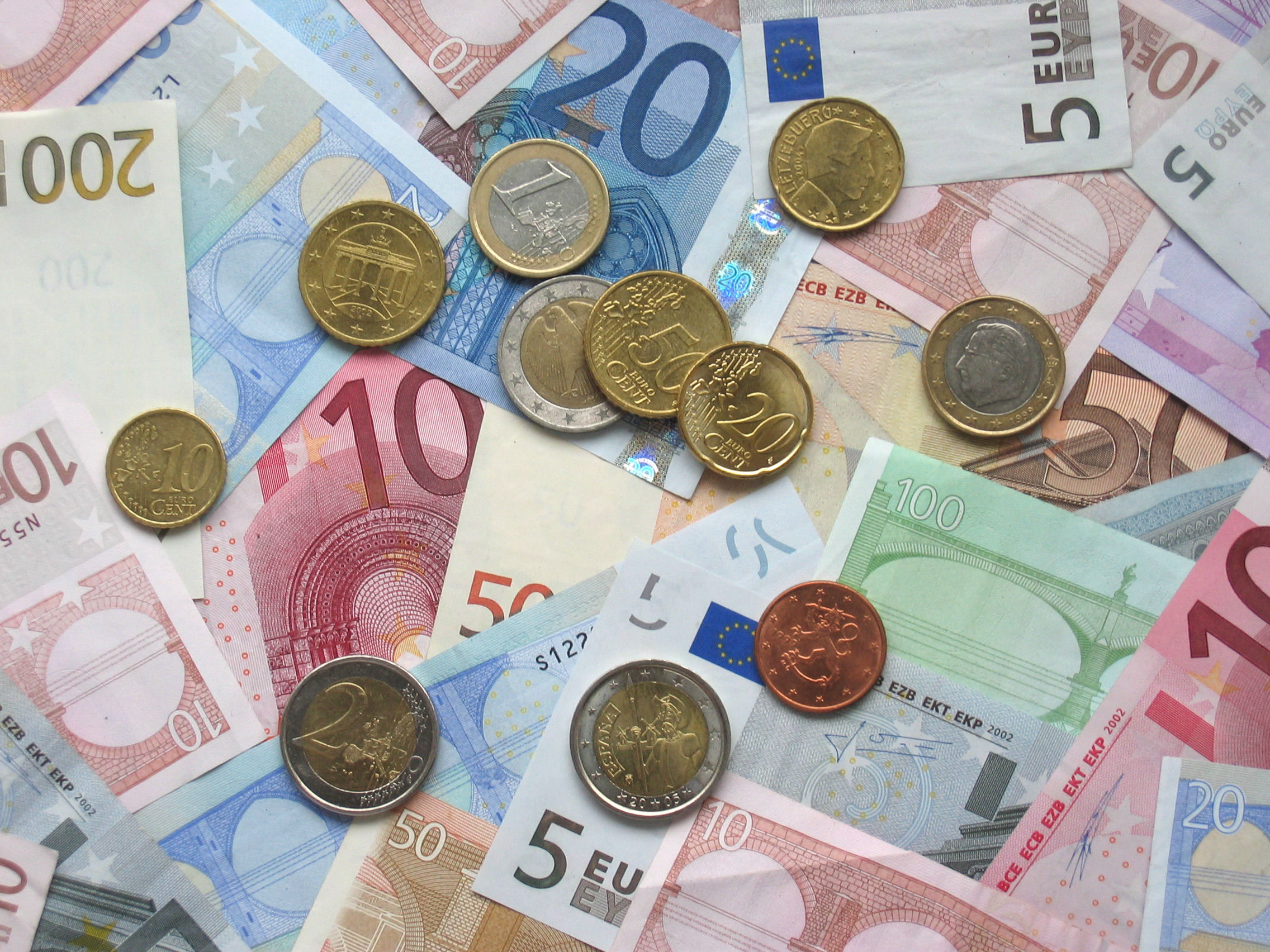First, countries, including the USA and us, are (or have been in the latter’s case) financial unions. A single currency became or is used over sizeable land hundreds incorporating previously wonderful political, social, and economic entities. The American Charter, for instance, did not provide for the existence of an imperative financial institution. Founding fathers, the likes of Madison and Jefferson, objected to its lifestyles. A valuable economic group was set up only in 1791 (modeled after the Bank of England). But Madison (as President) allowed its concession to expire in 1811. It was revived in 1816 – only to die once more. It took civil warfare to lead to a budding financial union. Bank regulation and supervision had been implemented in 1863, and a distinction became made between countrywide and country-level banks.

By that point, 1562 private banks were printing and issuing notes, some of them now not a prison smooth. In 1800, there were only 25. The equal component came about inside the principalities, which later constituted Germany: 25 private banks were installed between 1847 and 1857 with the specific goal of printing banknotes to circulate as legal tender. In 1816 – 70, varieties of foreign money (primarily foreign) wereside the Rhind alone.
A tidal wave of banking crises in 1908 caused the formation of the Federal Reserve System, and fifty-two years had to elapse till the overall monopoly of money issuance became retained via it.
What is a fiscal union? Is it enough to have an unmarried currency with unfastened and guaranteed convertibility?
Two additional situations are practiced: that the exchange fee is effective (practical and, as a consequence, not liable to speculative assaults) and that the union members aUnion to at least one economic coverage.
Records indicate that the condition of a single currency, though top-rated, isn’t a sine qua non. A union ought to contain “several currencies, fully and completely convertible into one another at irrevocably fixed change rates,” that’s genuinely like having unmarried forex with various denominations, each printed with the aid of another member of the Union.
Unionappears to be greater crucial is the relationship (as expressed thru the exchange fee) among the Union aUnionher economic players. The forex of the Union hUnion be convertible to other currencies at a given (could be fluctuating – however always one) trade rate determined by a uniform trade charge coverage. This should apply all over the territory of the single currency. Otherwise, arbitrageurs will purchase it in one region and promote it in every other, and change controls could need to be imposed, casting off unfastened convertibility and inducing panic.
This is not theoretical – and as a consequence, pointless – debate. In the past, all economic unions failed because they allowed their forex or currencies to be exchanged (against outdoor currencies) at varying fees, relying on where it became transformed (wherein a part of the monetary union).Unionore long, all Europe, shop England, could have one money”. This turned into written by way of William Bagehot, the Editor of The Economist, the renowned British mag. Yet, it was written one hundred twenty years in the past whilst Britain, even then, was debating whether to undertake an unmarried European Currency.











